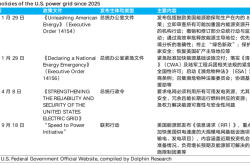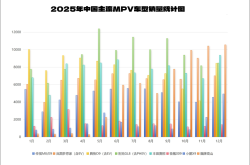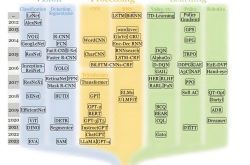Apple Reigns Supreme with 23% Market Share, as Xiaomi and vivo Make a Strong Domestic Comeback!
![]() 04/10 2025
04/10 2025
![]() 639
639
Recently, CounterPoint revealed insights into the global smartphone market for the fourth quarter of 2024, indicating that shipments totaled 323 million units, maintaining a stable market performance.
LeiTech observed that despite steady shipment volumes, industry revenue surged by 5% year-on-year, with the average selling price (ASP) also increasing by 2%.
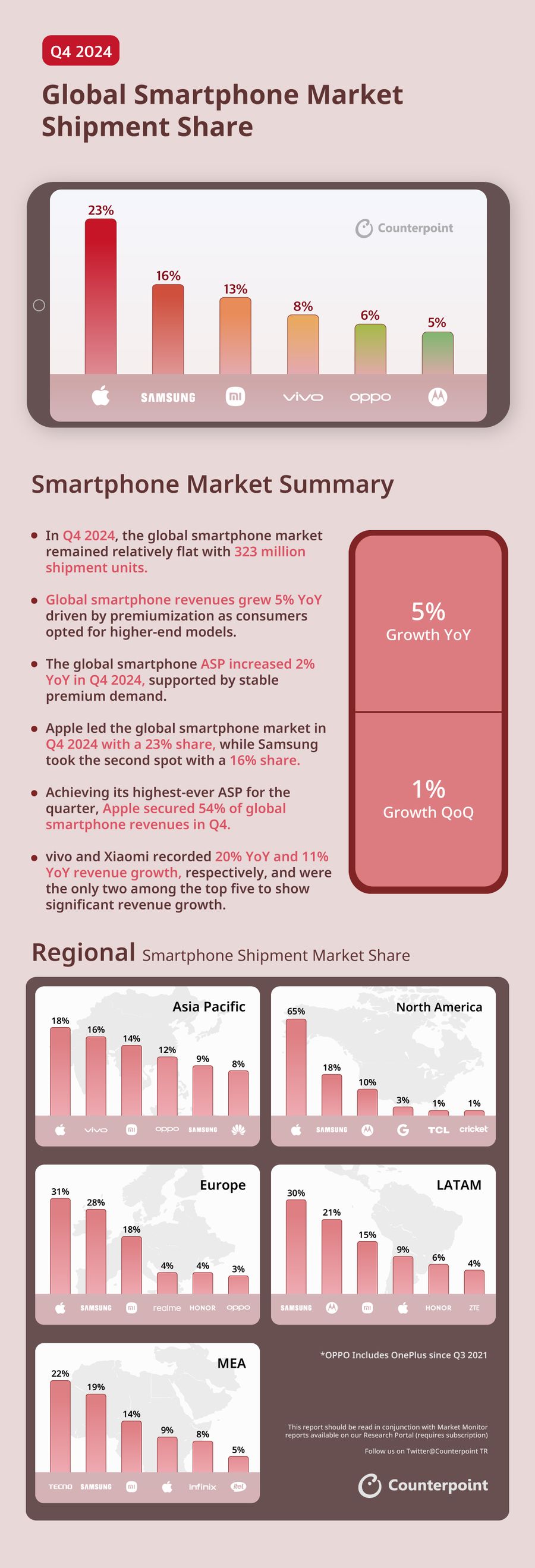
Image source: Internet
In this fiercely competitive landscape, Apple stood out prominently, topping the charts with a 23% market share. Furthermore, the tech giant accounted for an impressive 54% of total global smartphone revenue, solidifying its position as the market's biggest winner.
Remarkably, Apple also achieved the highest quarterly ASP.
The question then arises: what propels Apple to the pinnacle?
Take the iPhone, for instance. It has always positioned itself as a premium product, with its brand value deeply embedded in consumers' psyche. Many customers opt for Apple products solely for the brand, viewing it as prestigious to own an iPhone, renowned for its seamless system and exceptional camera quality. This underscores the power of branding.
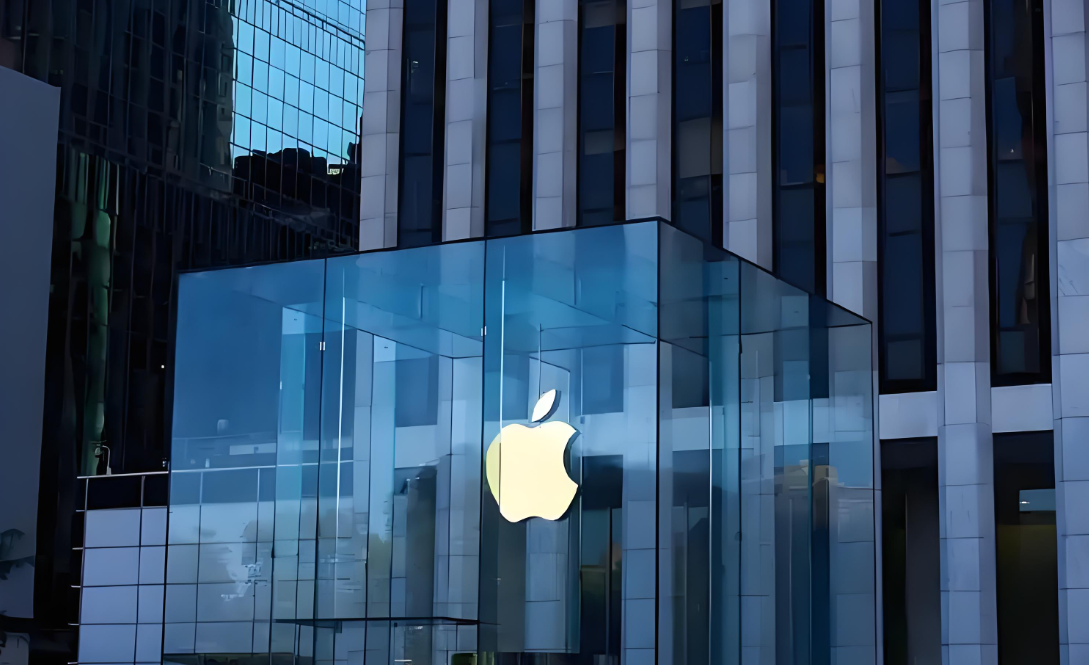
Image source: Internet
Beyond brand value, Apple's relentless pursuit of innovation is another core strength that attracts consumers. From its proprietary iOS system to the cutting-edge A-series chips, each technological advancement garners significant market attention, serving as a crucial pillar for product popularity.
The iOS system is renowned for its smoothness and security, features that have consistently garnered praise. Its closed ecosystem provides users with a stable and secure usage environment, which many Android phones struggle to match. The formidable processing power of the A-series chips enables the iPhone to excel in graphics processing, AI computing, and more, effortlessly handling demanding games or complex office software.
Trailing closely behind Apple is Samsung, a seasoned giant in the smartphone industry, occupying the second spot with a 16% market share. While there is a noticeable gap in market share, LeiTech emphasizes that Samsung's prowess should not be underestimated.
In terms of product strategy, Samsung adopts a comprehensive approach, catering to both mid-to-high-end and low-end markets. In the mid-to-high-end segment, Samsung's Galaxy S series and Note series serve as its flagship offerings. The Galaxy S25 series, for example, boasts a powerful Snapdragon 8 Ultra processor, offering ultra-high image processing capabilities and gaming performance, along with significant camera upgrades, making it ideal for video creators and photography enthusiasts.
Notably, domestic brands Xiaomi and vivo achieved year-on-year revenue growth of 13% and 8% respectively, emerging as the only two companies among the top five to demonstrate substantial growth.
Xiaomi maintained its third-place position with a 13% market share, becoming the only brand in the top three to achieve year-on-year growth. This success is primarily attributed to Xiaomi's robust performance in the domestic market and the successful execution of its globalization strategy. By consistently enhancing product quality and service levels, Xiaomi has garnered widespread recognition from both domestic and international consumers, resulting in steady market share growth.
In recent years, demand for high-end smartphones has remained stable, effectively fueling industry revenue growth. LeiTech believes that despite the lack of significant growth in overall smartphone sales, consumers are increasingly favoring higher-priced models, infusing new vitality into market development. With the widespread adoption of 5G technology and continuous innovation in mobile phone functionality, the high-end smartphone market is poised to sustain its positive momentum, emerging as a key driver of growth in the global smartphone industry.
In this competitive landscape, those with more advantages in technology application and innovation will undoubtedly shine.
International brands like Apple and Samsung have made substantial investments in AI technology research and development, continuously introducing new AI features. Similarly, domestic brands such as Huawei and Xiaomi are not far behind, repeatedly setting new benchmarks in 5G and AI.
Looking ahead, LeiTech anticipates that competition among mobile phone brands will intensify further. The battle will extend beyond phone performance and price, focusing more on who possesses more advanced technology and who can deliver a superior user experience.
Source: LeiTech
Images in this article are from: 123RF Authentic Image Library Source: LeiTech


